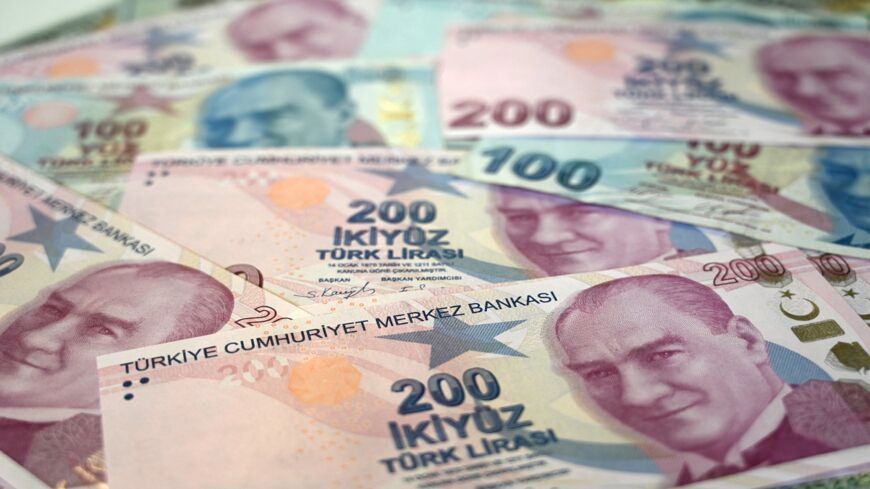FXOpen

It has been a very difficult time for Turkey and its hard-working population over the past five years.
Beginning in 2018, the Turkish economy has struggled with inflation which has approached an eye watering 70% at times, and a sovereign currency – the Lira – which has been in freefall, resulting in dire hardship for businesses and private individuals alike.
Turkey’s business community has taken a pragmatic approach to this matter, and soldiered on regardless, having managed to navigate even wider geopolitical activities very well by not locking down the economy during 2020 and 2021, and welcoming tourists from Russia when other Western nations have closed the door.
Regardless of these contingencies which are to be applauded, the over-reaching chaos that surrounds the Turkish economy has remained too great, and the inflation levels do not seem to show signs of abating.
Even manufacturers of heavy industrial goods such as cars and electrical appliances kept their factories open when European governments inflicted strict lockdowns on many business sectors, however the Lira continues to depreciate.
Therefore, between 2018 and now, the high inflation and falling value of the lira has been characterized by excruciating borrowing costs, and correspondingly rising loan defaults.
The crisis was caused by the Turkish economy's excessive current account deficit and large amounts of private foreign-currency denominated debt, in combination with President Recep Tayyip Erdoğan's increasing authoritarianism and his unorthodox ideas about interest rate policy.
Yesterday, some help was at hand as Saudi Arabia deposited $5 billion, equal to 94.57 billion Turkish Lira into Turkey’s central bank.
This investment, which could be seen as a lifeline for Turkey’s economy, came from a development fund provided by Saudi Arabia, and the interesting aspect of it is that no terms for repayment have been stipulated, demonstrating that, whilst Saudi Arabia could call it back at any time, it is intended as a ‘gift’ to the nation to help during difficult times.
Aside from the faltering economy, further suffering was heaped onto the people of Turkey last month, when a horrific natural disaster took place, resulting in tragic loss of life and an even further slip toward high inflation and decimation of businesses.
The deposit will shore up Turkey’s foreign reserve and was expected to help further firm up the Turkish lira. The currency depreciated 30% against the U.S. dollar last year and 44% in 2021.
However, the Lira has not increased in value at all. In fact, it fell again against the US Dollar yesterday and has opened this morning at 18.92 Lira to the US Dollar.
Therefore, the freefall may have slowed, but now it is a steady fall.
Volatility is not yet noticeable as a result of this investment by Saudi Arabia, however the presidential elections are nearing, and it is clear that allies of Turkey are willing to help, and business in Turkey’s massive tourist industry is most definitely in full swing.
Therefore, it is an economy to watch.
Trade over 50 forex markets 24 hours a day with FXOpen. Take advantage of low commissions, deep liquidity, and spreads from 0.0 pips. Open your FXOpen account now or learn more about trading forex with FXOpen.
This article represents the opinion of the Companies operating under the FXOpen brand only. It is not to be construed as an offer, solicitation, or recommendation with respect to products and services provided by the Companies operating under the FXOpen brand, nor is it to be considered financial advice.
Stay ahead of the market!
Subscribe now to our mailing list and receive the latest market news and insights delivered directly to your inbox.








